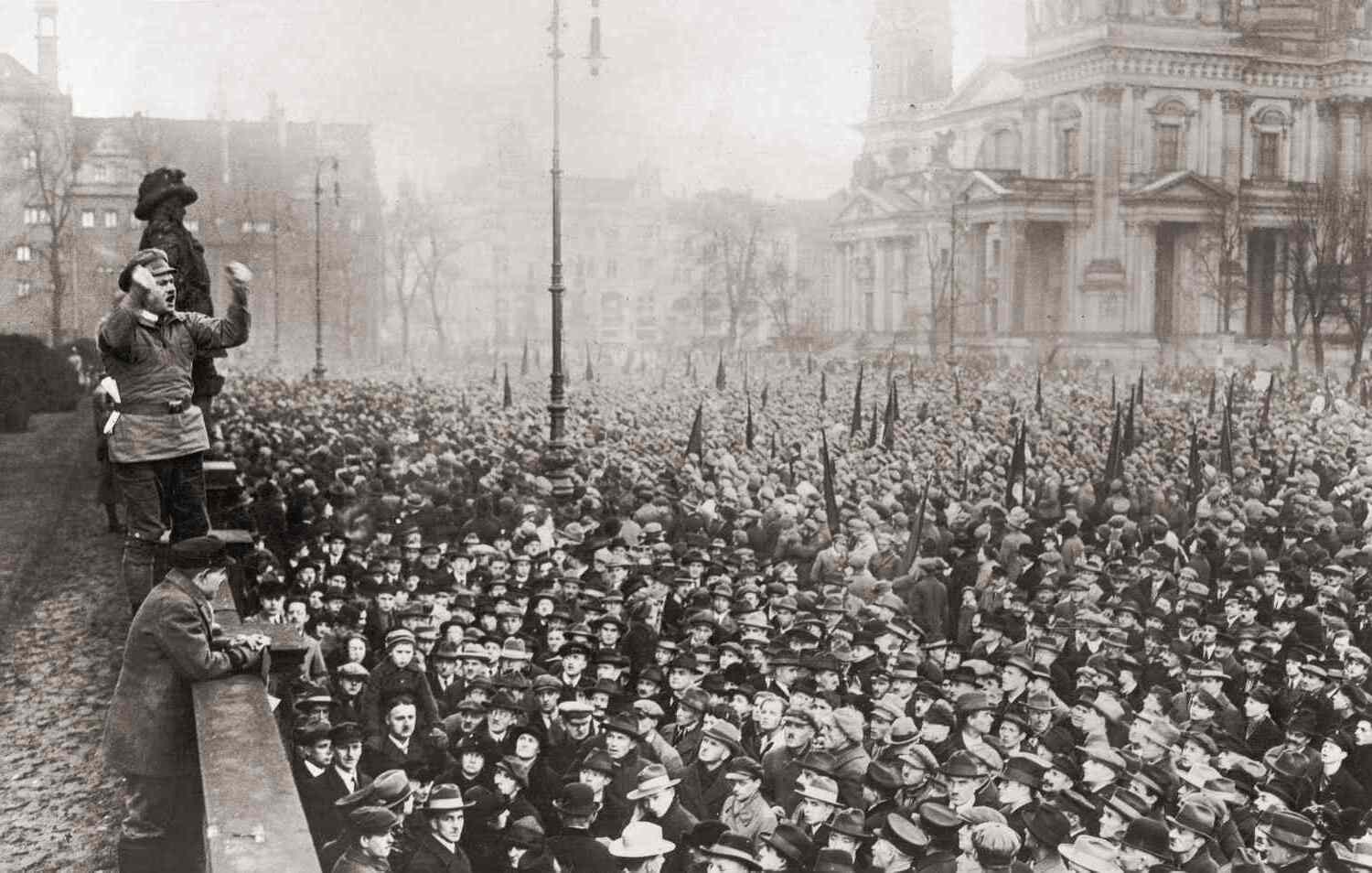
What was the Weimar Republic? The Weimar Republic was Germany's government from 1919 to 1933, named after the city of Weimar where its constitution was drafted. It emerged after World War I, replacing the German Empire. This period was marked by political instability, economic hardship, and cultural innovation. Hyperinflation, political assassinations, and uprisings were common. Despite these challenges, the Weimar era saw a flourishing of arts, science, and literature. Think of iconic figures like Albert Einstein and the Bauhaus movement. However, the Republic's weaknesses eventually led to the rise of Adolf Hitler and the Nazi Party, ending in 1933.
Key Takeaways:
- The Weimar Republic, Germany's government from 1919 to 1933, faced economic struggles, cultural flourishing, and the rise of extremism, ultimately ending with the Nazi Party gaining power.
- Despite its challenges, the Weimar Republic left a complex legacy, laying the groundwork for modern German democracy and making significant cultural contributions that continue to influence art, literature, and philosophy.
The Birth of the Weimar Republic
The Weimar Republic, Germany's government from 1919 to 1933, was a period of significant change and turmoil. It emerged after World War I and faced numerous challenges.
- The Weimar Republic was established in 1919 after Germany's defeat in World War I.
- It was named after the city of Weimar, where the constitutional assembly took place.
- The Treaty of Versailles, signed in 1919, placed heavy reparations on Germany, which the Weimar Republic had to manage.
Political Landscape
The political environment of the Weimar Republic was complex and often unstable. Various political factions vied for power, leading to frequent changes in government.
- The Weimar Constitution was adopted on August 11, 1919.
- Friedrich Ebert, a Social Democrat, became the first President of the Weimar Republic.
- The Republic faced opposition from both the far-left and far-right political groups.
- The Kapp Putsch in 1920 was an attempted coup by right-wing elements that failed.
Economic Struggles
Economic challenges plagued the Weimar Republic, contributing to its instability and eventual downfall.
- Hyperinflation in 1923 caused the German mark to become nearly worthless.
- The Dawes Plan of 1924 helped stabilize the German economy by restructuring reparations payments.
- The Great Depression in 1929 led to massive unemployment and economic hardship in Germany.
- By 1932, unemployment in Germany had reached approximately 30%.
Cultural Flourishing
Despite its struggles, the Weimar Republic was a period of cultural innovation and creativity.
- Berlin became a cultural hub, attracting artists, writers, and musicians.
- The Bauhaus movement, founded in 1919, revolutionized art, architecture, and design.
- German cinema thrived, with films like "Metropolis" (1927) by Fritz Lang gaining international acclaim.
- The Weimar Republic saw the rise of influential philosophers like Martin Heidegger and Theodor Adorno.
Social Changes
The Weimar Republic also experienced significant social changes, impacting various aspects of daily life.
- Women gained the right to vote in 1919.
- The Republic promoted progressive education reforms.
- Social welfare programs were expanded to support the unemployed and poor.
- The period saw increased urbanization, with more people moving to cities.
Foreign Relations
The Weimar Republic's foreign policy aimed to restore Germany's position on the international stage.
- Germany joined the League of Nations in 1926.
- The Locarno Treaties of 1925 improved relations with Western European countries.
- Gustav Stresemann, Foreign Minister from 1923 to 1929, played a key role in improving Germany's international standing.
The Rise of Extremism
Extremist movements gained traction during the Weimar Republic, ultimately leading to its demise.
- The Nazi Party, led by Adolf Hitler, gained popularity in the late 1920s and early 1930s.
- The Reichstag Fire in 1933 was used by the Nazis to justify the suspension of civil liberties.
- The Enabling Act of 1933 gave Hitler dictatorial powers, effectively ending the Weimar Republic.
Legacy of the Weimar Republic
The Weimar Republic's legacy is complex, marked by both achievements and failures.
- It laid the groundwork for modern German democracy.
- The Republic's cultural contributions continue to influence art, literature, and philosophy.
- The challenges faced by the Weimar Republic serve as a cautionary tale about the dangers of political and economic instability.
The Legacy of the Weimar Republic
The Weimar Republic left a lasting impact on Germany and the world. Despite its short lifespan, it was a period of significant political and cultural change. The constitution introduced during this time laid the groundwork for modern German democracy. However, the Republic also faced immense challenges, including economic instability, hyperinflation, and political extremism.
The lessons learned from the Weimar era continue to influence democratic systems worldwide. Its history serves as a reminder of the importance of political stability and economic resilience. The cultural achievements, from art to literature, still inspire many today.
Understanding the Weimar Republic helps us appreciate the complexities of democracy and the factors that can threaten it. This period remains a crucial chapter in the story of Germany and a testament to the resilience of democratic ideals.
Frequently Asked Questions
Was this page helpful?
Our commitment to delivering trustworthy and engaging content is at the heart of what we do. Each fact on our site is contributed by real users like you, bringing a wealth of diverse insights and information. To ensure the highest standards of accuracy and reliability, our dedicated editors meticulously review each submission. This process guarantees that the facts we share are not only fascinating but also credible. Trust in our commitment to quality and authenticity as you explore and learn with us.
